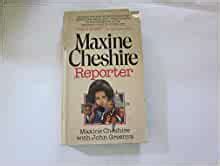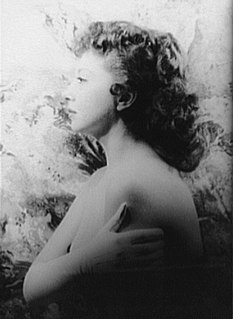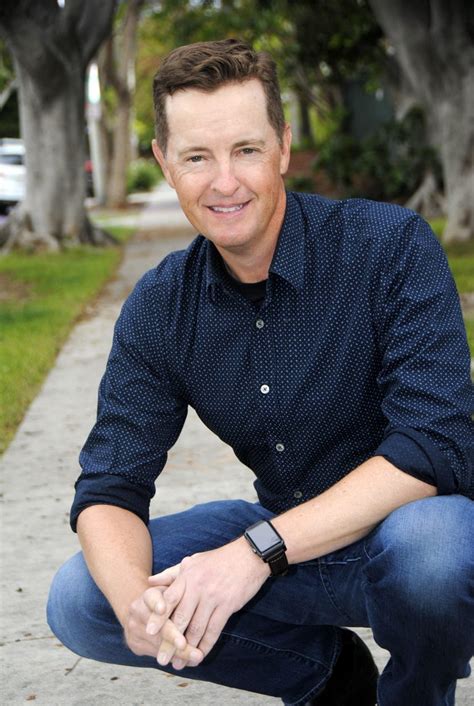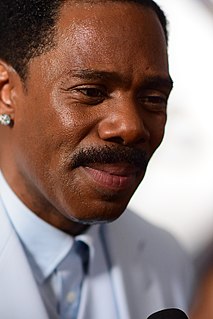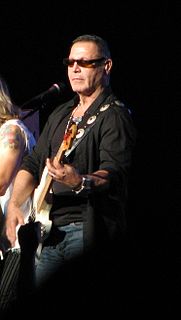A Quote by Jean-Paul Sartre
I had found my religion: nothing seemed more important to me than a book. I saw the library as a temple.
Related Quotes
I had no inclination to perform as a kid. I was a shy child - I always had my nose in a library book. I didn't start acting until I went to college. Once I started, it seemed to fit like a glove. I felt completely at home on stage. It was the perfect way for me to express myself, even better than writing.
I was not much afraid of punishment, I was only afraid of disgrace.But that I feared more than death, more than crime, more than anything in the world. I should have rejoiced if the earth had swallowed me up and stifled me in the abyss. But my invincible sense of shame prevailed over everything . It was my shame that made me impudent, and the more wickedly I behaved the bolder my fear of confession made me. I saw nothing but the horror of being found out, of being publicly proclaimed, to my face, as a thief, as a liar, and slanderer.
I couldn't help thinking that if I, by pure chance, had found a whole universe in a single unknown book, buried in that endless necropolis, tens of thousands more would remain unexplored, forgotten forever. I felt myself surrounded by millions of abandoned pages, by worlds and souls without an owner sinking in an ocean of darkness, while the world that throbbed outside the library seemed to be losing its memory, day after day, unknowingly, feeling all the wiser the more it forgot.
I used to think I should like to be a bookbinder or bookseller it seemed to me a most delightful trade and I wished or thought of nothing better. More lately I thought I should be a minister, it seemed so serious and useful a profession, and I entered but little into the merits of religion and the duties of a minister. Every one dissuaded me from the notion, and before I arrived at any age to require a real decision, science had claimed me.
The library is not a shrine for the worship of books. It is not a temple where literary incense must be burned or where one's one devotion to the bound book is expressed in ritual. A library, to modify the famous metaphor of Socrates, should be the delivery room for the birth of ideas - a place where history comes to life.
I believe in books. And when our people [coughing] - our people of Jerusalem, let's say after the Romans destroyed the temple and the city, all we took is a little book, that's all. Not treasures, we had no treasures. They were ransacked, taken away. But the book - the little book - and this book produced more books, thousands, hundreds of thousands of books, and in the book we found our memory, and our attachment to that memory is what kept us alive.

